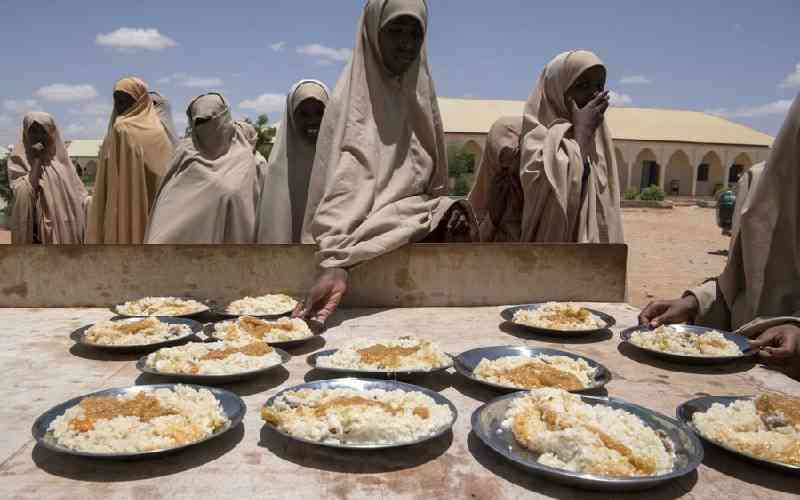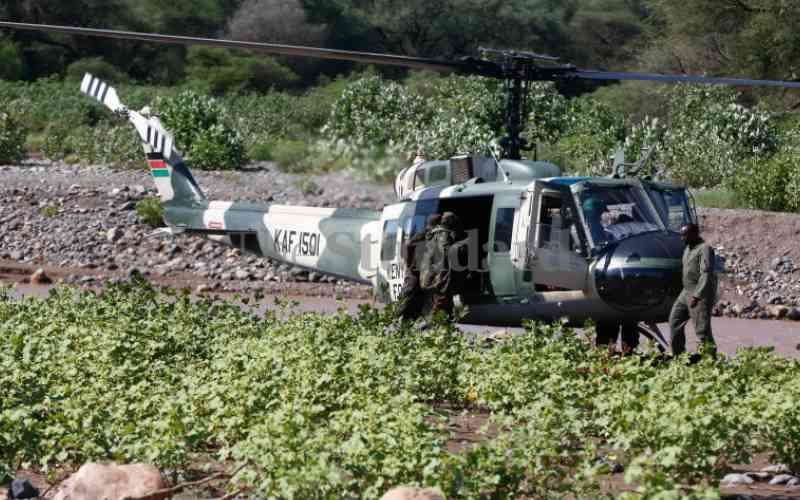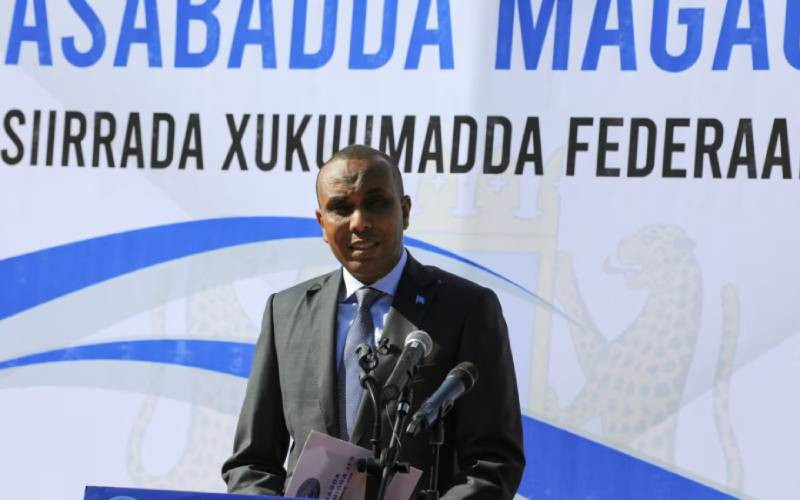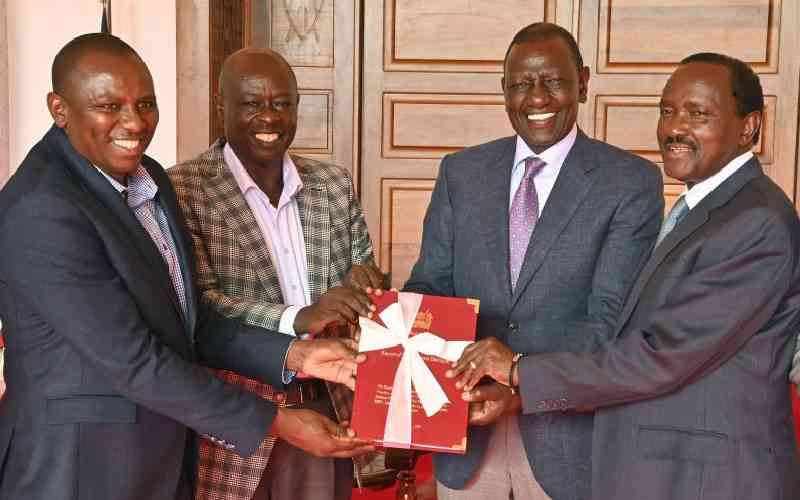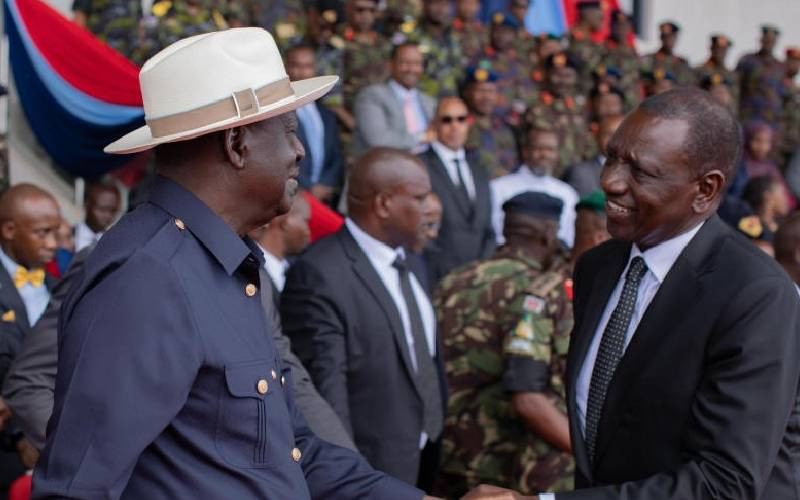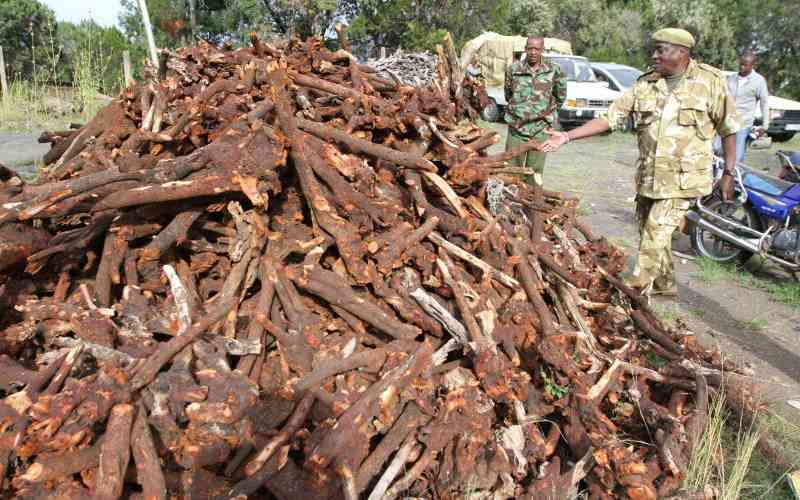When Kenyan police arrested six men in the vast Dadaab refugee camp near the Somali border last April, their ultimate aim was to dismantle a decades-old sugar smuggling trade that is funding Somali militants waging war on Kenya.
The arrests, coming weeks after four al Shabaab gunmen massacred 148 people at nearby Garissa university, were part of Nairobi's new strategy to choke off the flow of money to Islamists whose cross-border raids have hammered Kenya and its tourism industry.
While cash from sugar smuggling may amount to only a few million dollars, experts say such sums are enough for attacks that need just a few assault rifles, transport and loyalists ready to die - such as the Garissa raid or the 2013 assault on Nairobi's Westgate shopping mall that killed 67 people.
"It's like the government is awakening," said a senior Kenyan security source from Garissa region, adding the authorities had previously often "turned a blind eye to all these things because a lot of people were benefiting - but at a cost of security."
However if a lasting impact is to be secured more must be done, say security and diplomatic sources. That includes rooting out corruption in the police force and going after smuggling cartel bosses as well as the middle men detained so far.
The move to tackle the cross-border trade may prove as vital as the military offensive against al Shabaab inside Somalia by African Union peacekeepers and Somali soldiers that has pushed the group into smaller pockets of territory.
"Unless al Shabaab sources of revenue are chopped off, we are not going to see the end of instability in south Somalia and the region," said Rashid Abdi, a Somalia expert based in Nairobi.
President Uhuru Kenyatta's government has taken steps to halt the trafficking of sugar from the southern Somali port of Kismayu to Kenya's frontier and has set up a special unit in the National Intelligence Service (NIS) to dismantle smuggling cartels, the security source said.
"SECRET" DOCUMENT
Days after the Garissa attack, Kenya published a list of 85 entities and individuals with links to al Shabaab.
That list did not elaborate on the links, but a government document marked "secret" and reviewed by Reuters detailed how 30 listed people were involved in smuggling. The six men arrested in Dadaab on April 18 were on both lists.
"The sugar barons pay illegal levies - or protection fees - to the al Shabaab who in turn uses the proceeds to fund terrorist activities/operations," says the "secret" document, drawn up by the government on April 25.
Sugar smuggling is lucrative in Kenya, where the local industry is protected from imports as part of an agreement with Kenya's African trading partners. So the commodity in Kenya is sold at an inflated price compared to global markets.
Diplomats acknowledge progress against smugglers has been made, but worry the authorities will not keep up the crackdown.
"Those sugar folks are connected (to the authorities), so the question is what happens going forward," said one Western diplomat.
Stay informed. Subscribe to our newsletter
Adding to scepticism, only mid-level dealers have been arrested and no cartel bosses have even been named.
How the smuggling trade works and how cash is paid to two al Shabaab was explained to Reuters by two ethnic-Somali sugar smugglers from the Dadaab camp - Hussein, a trader, and Farah, a broker linking smugglers and police.
Both men joined the flood of refugees who crossed into Kenya after conflict erupted in Somalia in 1991. They agreed to meet in a secluded area in a Dadaab hotel on condition only their first names were used.
According to their accounts - corroborated by Kenyan and regional security sources - smuggled goods arrive in Kismayu port where Kenyan-owned trucks are loaded with 50-kg bags of Brazilian sugar imported from the Middle East.
 The Standard Group Plc is a
multi-media organization with investments in media platforms spanning newspaper
print operations, television, radio broadcasting, digital and online services. The
Standard Group is recognized as a leading multi-media house in Kenya with a key
influence in matters of national and international interest.
The Standard Group Plc is a
multi-media organization with investments in media platforms spanning newspaper
print operations, television, radio broadcasting, digital and online services. The
Standard Group is recognized as a leading multi-media house in Kenya with a key
influence in matters of national and international interest.
 The Standard Group Plc is a
multi-media organization with investments in media platforms spanning newspaper
print operations, television, radio broadcasting, digital and online services. The
Standard Group is recognized as a leading multi-media house in Kenya with a key
influence in matters of national and international interest.
The Standard Group Plc is a
multi-media organization with investments in media platforms spanning newspaper
print operations, television, radio broadcasting, digital and online services. The
Standard Group is recognized as a leading multi-media house in Kenya with a key
influence in matters of national and international interest.

